Argentine court to investigate Myanmar genocide against Rohingya Muslims
Members of the Rohingya Muslim minority have testified in person for the first time in an Argentine court on genocide and war crimes committed by Myanmar military officials, in a “historic fight for justice.”
A hearing opened on Wednesday in Buenos Aires, with Rohingya Muslims appearing in person to provide eyewitness testimony about accounts of genocide and war crimes by the Myanmar military.
The week-long hearing will call witnesses to testify before federal prosecutor Guillermo Marijuan, who is gathering evidence in the case.
“This is a historic fight for justice,” said Maung Tun Khin, president of the British-based Burmese Rohingya Organization UK, or BROUK, which filed the complaint with the Federal Criminal Correctional Court in Buenos Aires in 2019.
“Finally in-person hearings are taking place and strong evidence” is being produced in a court of law, he said, adding that “holding the military accountable for genocide of the Rohingya will benefit everyone in Burma.”
Tun Khin did not specify the identity or the number of “survivors” who had testified for “security reasons.”
Witnesses coming to court have taken strict measures to remain anonymous for fear of retaliation by agents of Myanmar’s military government. The hearings are being held behind closed doors.
Rohingya Muslims are represented in court by Tomas Ojea Quintana, a prominent Argentine attorney and professor of law who served as the United Nations special rapporteur on human rights in Myanmar between 2008 and 2014.
Argentina's justice system in 2021 responded to a complaint, announcing it was opening an investigation into crimes by Myanmar soldiers against the Rohingya, under the principle of “universal jurisdiction” enshrined in the constitution.
The legal premise of “universal justice” holds that some acts – including war crimes and crimes against humanity – are so horrific they are not specific to one nation and can be tried anywhere, regardless of their nationality or where the crimes were committed.
The 46-page criminal complaint centers on violence from 2012 till 2018 that caused about 1 million Rohingya to fled Myanmar, mostly to neighboring Bangladesh, as they came under violent attack and their villages were razed.
Among military officials named in the court file are Senior Gen. Min Aung Hlaing, Myanmar’s military ruler, senior officials in the police and border guard, and radical Buddhist monks.
The accusation also names Aung San Suu Kyi, the ousted leader between 2016 and 2021, as being complicit in the genocide.
In addition to the courtroom testimony, detailed information collected by a 2017-2019 UN-backed Independent International Fact Finding Mission on Myanmar is among the evidence.
The UN-backed report includes interviews with hundreds of witnesses in Myanmar and Bangladesh.
The United Nations has described the Rohingya people as the most persecuted minority in the world. In 2016 and 2017, thousands of Rohingya people were killed, raped, tortured, or arrested by the military.
The Rohingya are still denied citizenship and freedom of movement in Myanmar. Tens of thousands have now been confined to squalid displacement camps for a decade.
Nearly one million Rohingya refugees have fled to neighboring Bangladesh since August 2017 from a wave of deadly violence and persecution by the Myanmar military. Rohingya refugees remain completely aid dependent.
The Rohingya case is now the subject of separate proceedings before the International Criminal Court and for "acts of genocide" before the International Court of Justice.
Iran's firm response will last as long as attacks do: Envoy
Shedding of American, Iranian blood on ‘Israel firsters’: Iran FM
Iran condemns IAEA inaction as US-Israeli aggression targets nuclear facilities
Iran FM: Kuwait must answer what US aircraft were doing in its airspace if it downed them
IRIB chief says Tehran compound hit in Israeli-US aggression, broadcasts continue
US-allied fuel tanker attacked by Iran still burning in Strait of Hormuz: IRGC
Attacks on hospitals, schools ‘strike at life itself’: Pezeshkian
Iran’s attacks on US bases ‘legitimate’ response to source of aggression: Araghchi


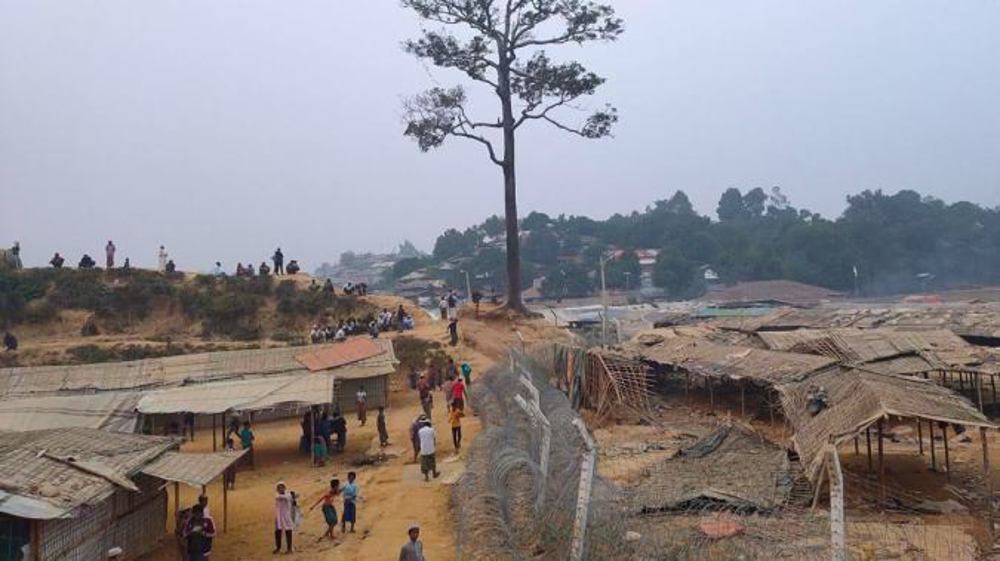
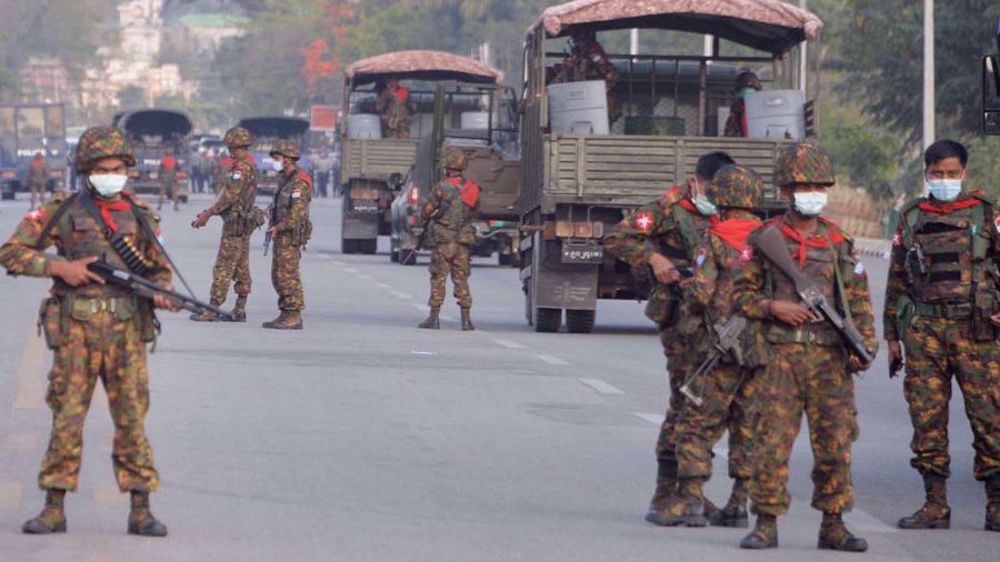
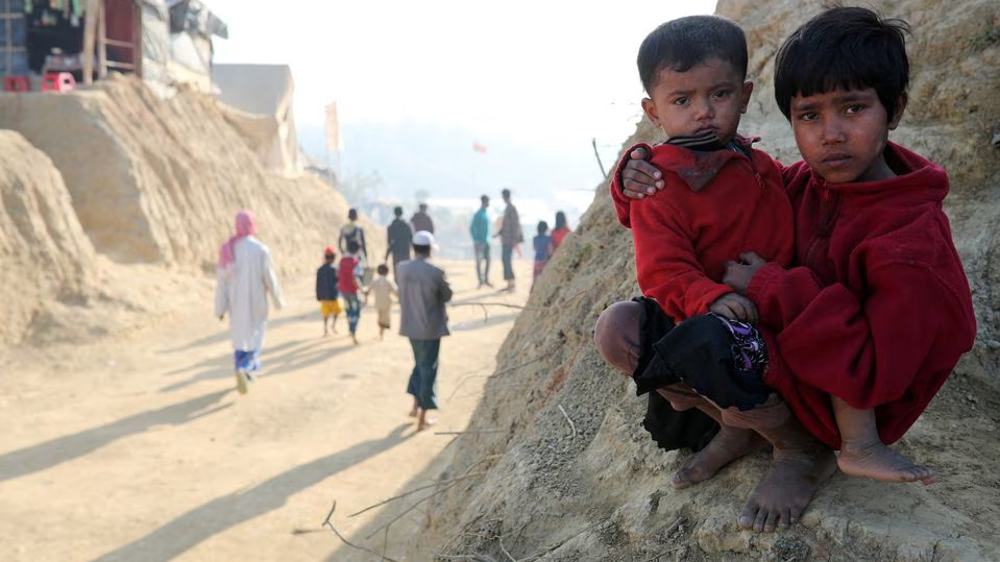






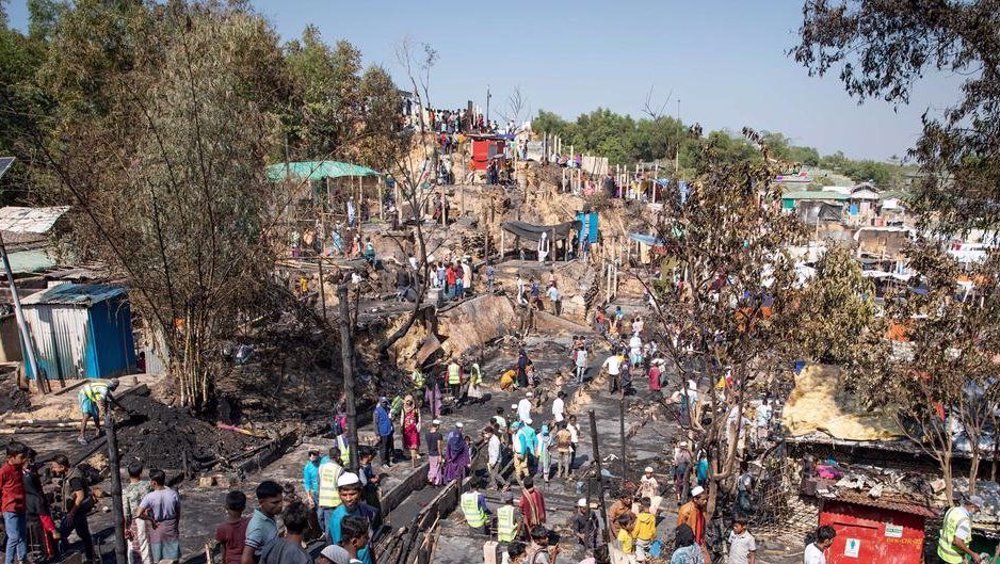
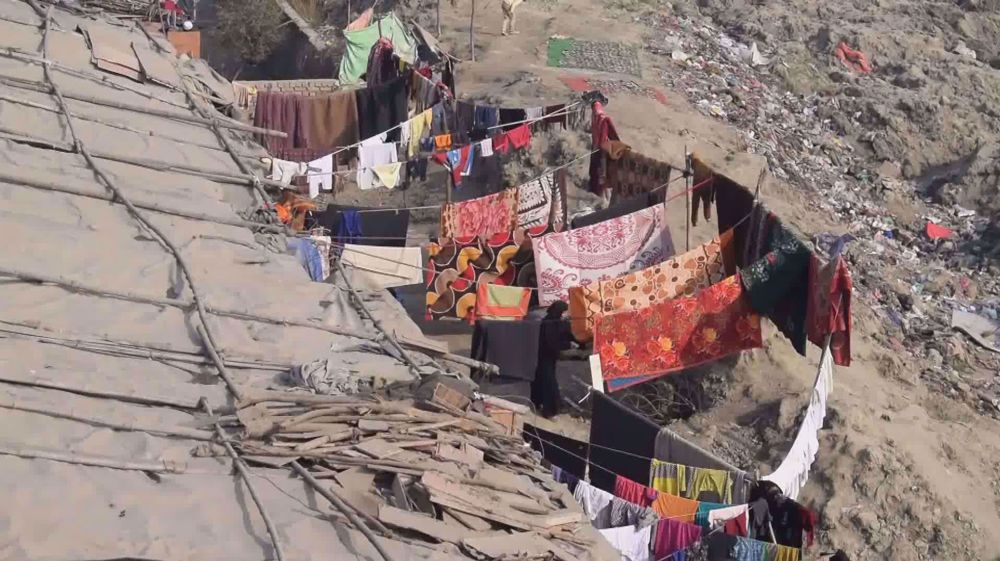
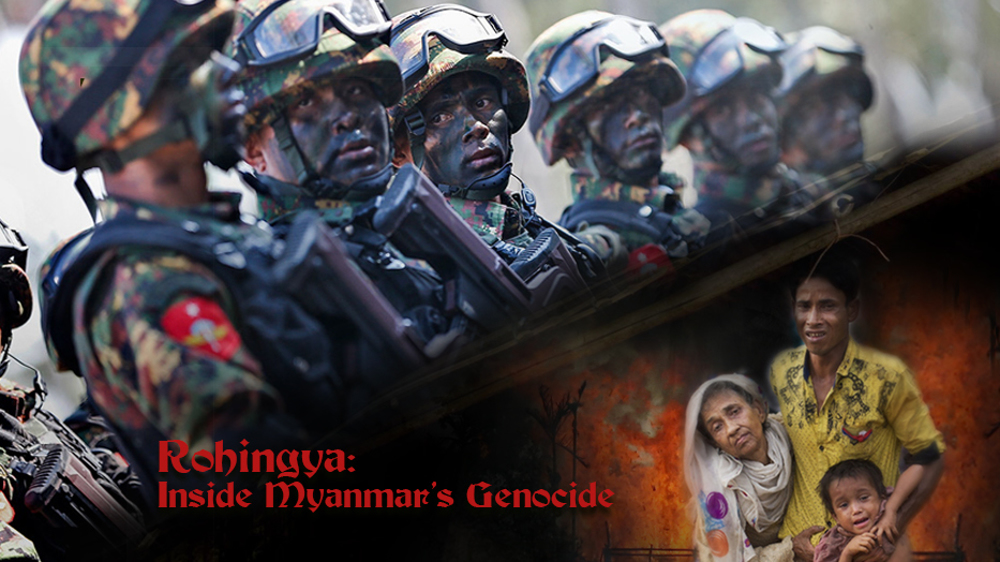

 This makes it easy to access the Press TV website
This makes it easy to access the Press TV website